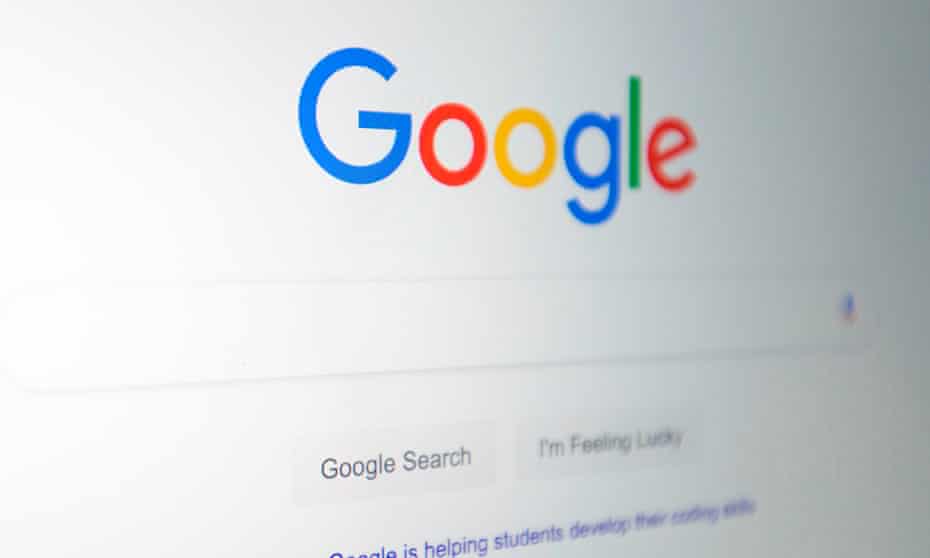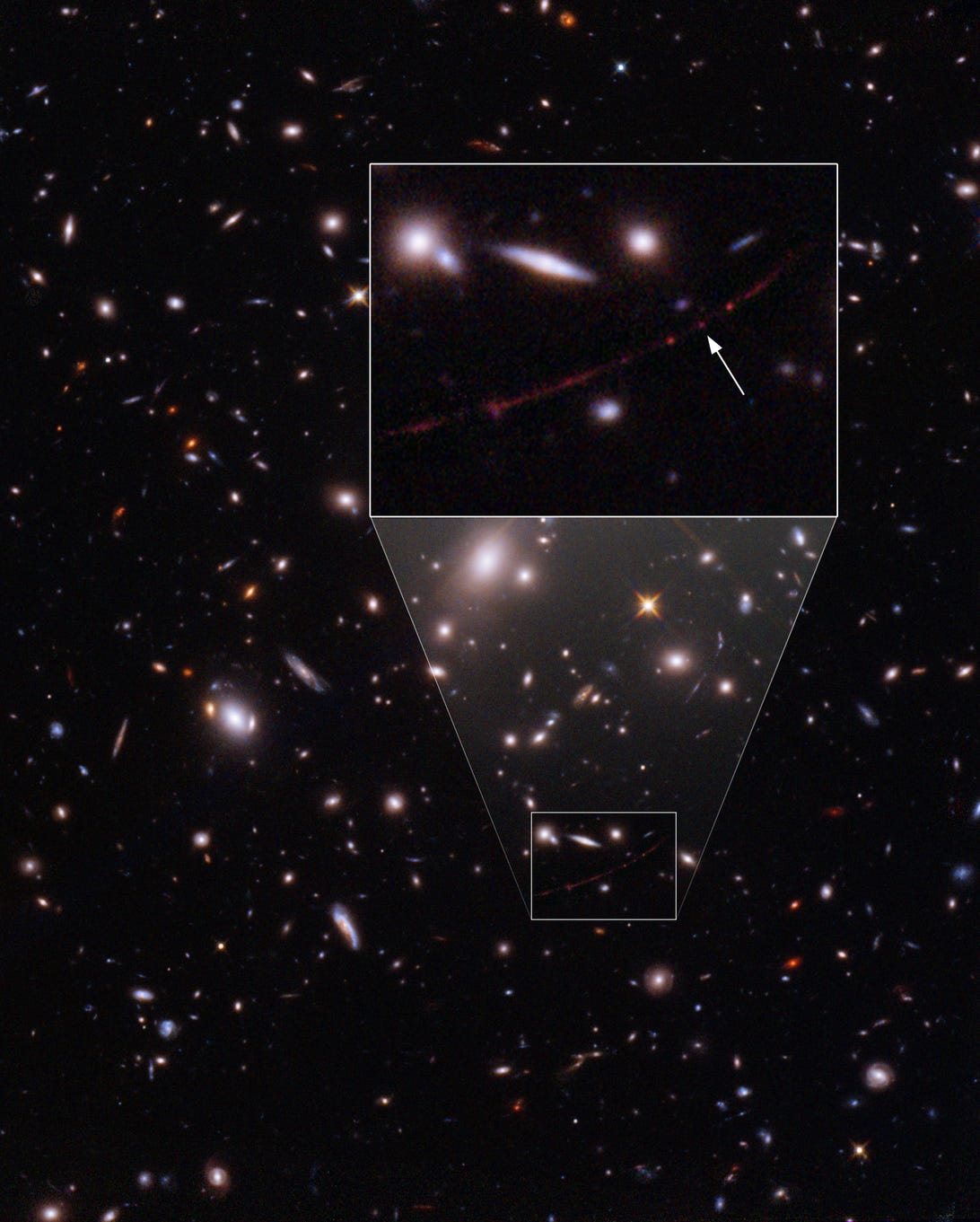В каталоге магазина в Москве представлен большой выбор одежды и снаряжения. [url=http://specodegdaoptom.ru/]магазин спецодежды рядом со мной[/url] Смотрите по ссылке -…

Mojo Vision Brings Its Eye-Tracking
A series of pop-up directional markers appear, in tiny green lines across my vision. As I turn, I can see which direction north is. These are markers on a compass, projected on a little MicroLED display, perched on a contact lens, held in front of my eye on a stick.
The Mojo Lens, a self-contained display-enabled lens that I previously tried in an earlier iteration before the pandemic at CES 2020, is back in a form that the company says is finally ready for internal testing.

Supercomputer Researcher Wins Turing Award
Jack Dongarra, a researcher at Oak Ridge National Laboratory in Tennessee, won the 2021 Turing Award for software that’s unlocked the power of the world’s biggest computers. Many earlier recipients boosted supercomputers indirectly, but Dongarra has specialized in code that speeds up scientific calculations and gets it to run on machines with thousands of processors.
“These contributions laid a framework from which scientists and engineers made important discoveries and game changing innovations in areas including big data analytics, health care, renewable energy, weather prediction, genomics and economics,” the Association for Computing Machinery said Wednesday of its choice to name Dongarra the winner. The prestigious award, which has come with $1 million from Google since 2014, is often called computing’s equivalent of the Nobel Prize.
Google Using New AI to Better Detect Searches
Google is using new artificial intelligence designed to understand the intent behind search inquiries, technology the search giant hopes will deliver more relevant results for people seeking help during personal crises.
On Wednesday, Google said in a blog post it would begin implementing MUM, an AI model that more accurately detects “a wider range of personal crisis searches,” in the coming weeks. The model is designed to better understand the intent behind search queries and provide immediately useful information to the searcher. Google says the new model will help its search engine with inquiries related to suicide, sexual assault, substance abuse and domestic violence.
The company also said another AI model, dubbed BERT, reduced the number of unwanted sexually explicit results the search engine returns. Google said BERT has already cut “unexpected shocking results” by 30% over the past year.

NASA’s Hubble Finds Farthest Single Star
On Wednesday, NASA announced a discovery our minds can barely fathom.
The Hubble Space Telescope spotted a star that’s at least 50 times the mass of our sun, glows several million times brighter and is nestled so utterly deep in space that it took a colossal 12.9 billion years for its light to reach Earth. It was born when the cosmos was at just 7 percent its current age and, after accounting for the universe’s continuous expansion, presently floats 28 billion light-years away.
This glimmering leviathan is the farthest, oldest single star ever seen by humankind.
And after some deliberation, scientists gave the cosmic artifact a rather touching name: Earendel, which means “morning star” in Old English.
“Studying Earendel will be a window into an era of the universe that we are unfamiliar with, but that led to everything we do know,” Johns Hopkins University astronomer Brian Welch said in a statement. Welch is lead author of a paper published Wednesday in the journal Nature that describes Earendel’s discovery.
But before we go any further into how this special star arrived in our line of vision, and what it can tell us about our past, let’s put Earendel into perspective for our mere mortal brains.
Apple, Facebook May Have Given Private User Info to Hackers
Apple and Facebook parent company Meta may have handed over private customer information including addresses, phone numbers and IP addresses last year in response to hackers who presented forged legal documents, a report says.
The data was given to hackers pretending to be law enforcement, who used faked emergency data requests in mid-2021, Bloomberg reported Wednesday citing three unnamed sources.
While not specifically stating whether they handed over user data, Apple and Meta both pointed to their processes for dealing with emergency government requests.
“We review every data request for legal sufficiency and use advanced systems and processes to validate law enforcement requests and detect abuse,” Meta spokesperson Andy Stone said in an emailed statement. “We block known compromised accounts from making requests and work with law enforcement to respond to incidents involving suspected fraudulent requests, as we have done in this case.”





